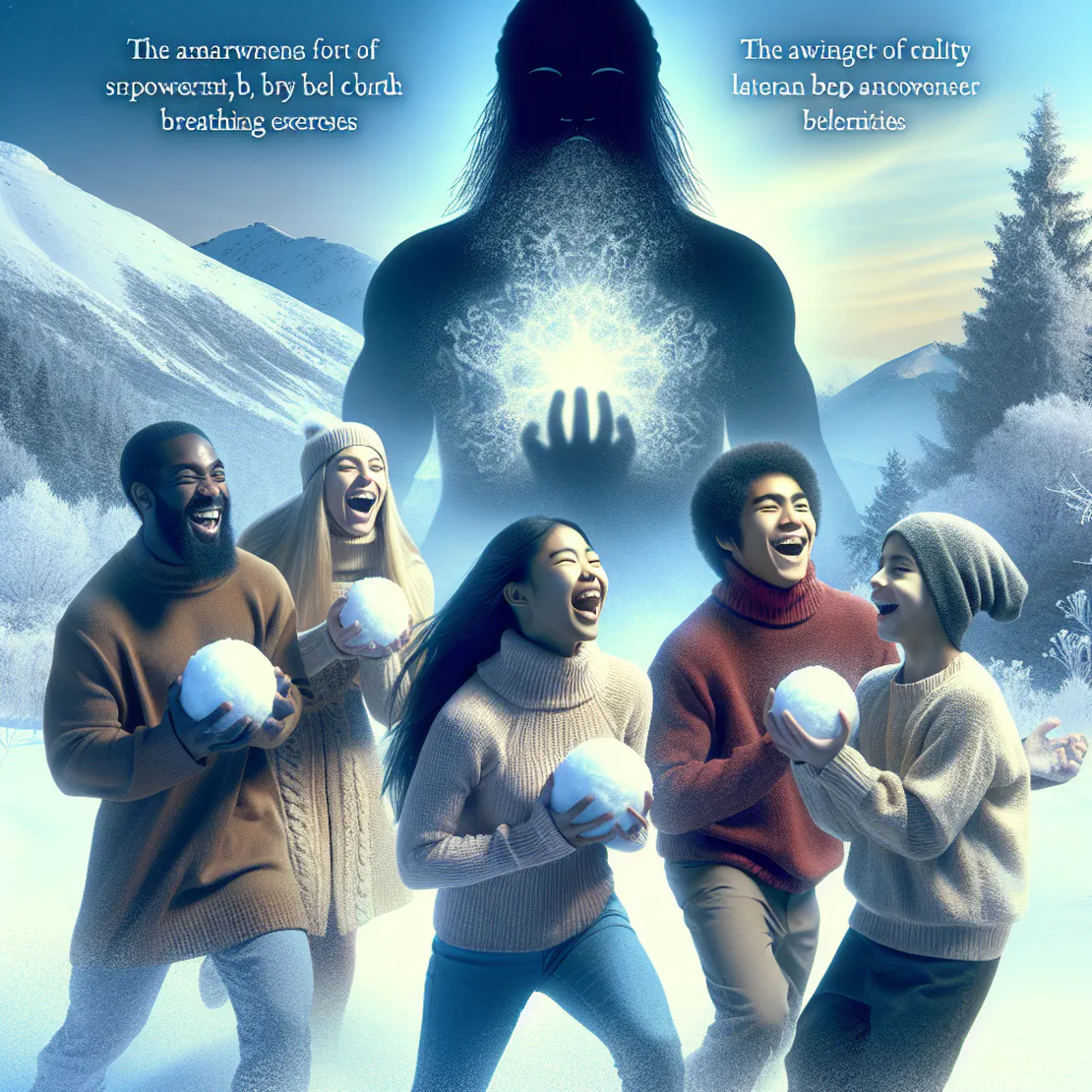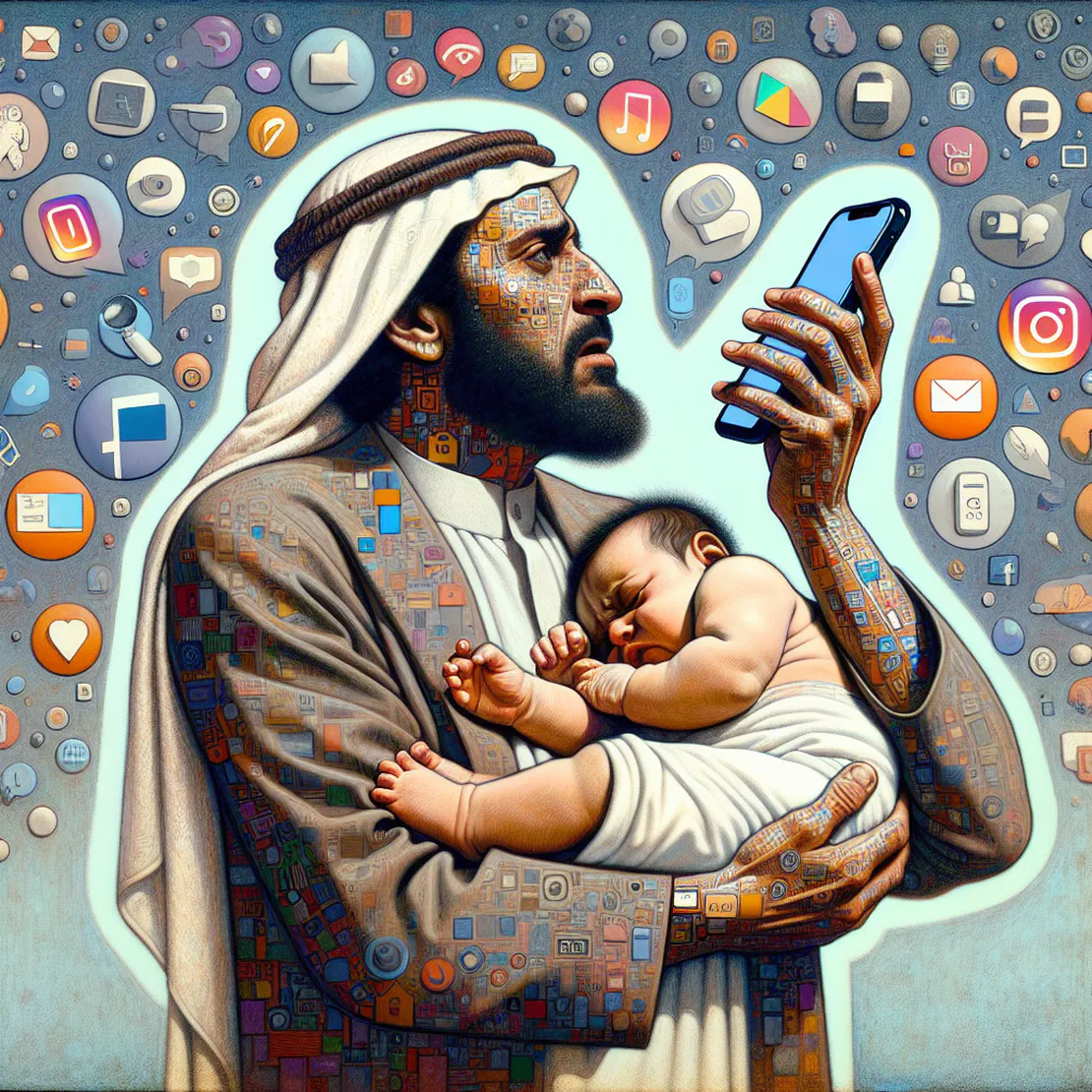
#2151 - Rizwan Virk
- The Joe Rogan Experience
- Technology
- May 16, 2024
Table of Contents
At a Glance
-
Introduction to Simulation Theory - “I was a video game developer in Silicon Valley, and then I became an investor in the video game industry, and my background is in computer science… I started to think about how long would it take us to build something like the Matrix”. Rizwan Virk’s personal and professional background in video game development sets the foundation for his deep interest in simulation theory, highlighting his expertise and the initial spark that led him to explore this complex subject.
-
Experience with Virtual Reality - “The ping pong game was so realistic that, for a moment, my brain forgot that this wasn’t a real game of table tennis, so much so that I tried to put the paddle down on the table, and I tried to lean against the table, but, of course, there was no table”. This anecdote illustrates how advanced VR technology can trick the human brain into perceiving virtual experiences as real, supporting the feasibility of creating indistinguishable simulations and adding weight to the simulation hypothesis.
-
Involvement with Academic UFO Research - “I’m peripherally involved with the Galileo Project at Harvard and the Seoul Foundation at Stanford, which are the two academic UFO research groups out there”. Virk’s involvement in prestigious academic UFO research projects adds credibility to his exploration of unconventional topics, such as UFOs and their potential connection to simulation theory, bridging the gap between mainstream science and fringe ideas.
-
Multiverse and Quantum Mechanics - “The idea that each of these timelines could be like a different run of the simulation itself… So with the simulation hypothesis, we’re saying that space doesn’t really exist. It basically gets rendered for us like a video game”. Virk delves into the concept of the multiverse and quantum mechanics, proposing that our reality could be a sophisticated simulation, akin to a video game, where different timelines represent different simulation runs, challenging traditional views of space and time.
-
Philosophical and Religious Implications - “The world’s religions, they’re all kind of saying the same thing, which is that there is no physical universe… This led me to the conclusion that we are most likely inside some kind of a computer simulation or a massively multiplayer video game”. Virk connects simulation theory with philosophical and religious perspectives, suggesting that ancient teachings about the illusory nature of reality align with the modern idea of living in a simulated world, providing a holistic view that bridges science, philosophy, and spirituality.
What to Do
-
Reflect on How We Treat Others - It’s important to reflect on how you treat others, especially in small moments, as these are the moments that truly matter in life. When you look back, you’ll find that the way you treated people, even in seemingly insignificant situations, will be what you are most proud of or regretful about.
-
Make Life a Game - Consider life as a game with an objective, and this perspective can help you think differently about your actions and decisions. Viewing life’s difficulties as quests with varying levels of difficulty can provide a sense of purpose and make challenges seem more manageable.
-
Participate in Life Giving Activities - When you find yourself with limited energy, focus on activities that align with your true passions and life goals. For instance, if you have always wanted to write, dedicate your energy to that pursuit, as it can lead to a sense of fulfillment and improved well-being.
-
Be Lead by Desires & Interest - Recognize that sometimes our strong desires and interests are part of our life’s script, and pursuing them can lead to a richer and more meaningful life. Whether it’s becoming a computer programmer, a writer, or any other profession, these quests and achievements are integral to our personal growth.
-
Consider the Consequences of Action - Consider the possibility that our lives are being recorded, and we will review our actions and choices at some point. This perspective can encourage you to make thoughtful and meaningful decisions, knowing that they will be part of your life’s review.
What to Get
- Virtual Reality Headset - Used to play virtual reality games, such as a VR ping pong game, which can be so realistic that it can trick the brain into thinking the virtual environment is real https://amzn.to/4c25hQm
- Telescopes - Used by scientific projects like the Galileo Project at Harvard to gather data on strange objects in the sky https://amzn.to/3XGTMK7
- Popcorn - People often eat popcorn while watching movies, indicating a common activity during leisure time https://amzn.to/3XjyaTN
-
Autobiography of a Yogi - is a common activity, and sharing books can be a way to connect with others, as seen with Steve Jobs giving out copies at his memorial service https://amzn.to/4eBnHcH
-
Movie Projectors - Used as a metaphor for life, movie projectors represent how people view and interpret their experiences https://amzn.to/3VobYFp
-
Journaling - Amazon](https://amzn.to/47jU7Fj) - Writing down deeds, both good and bad, is a practice mentioned in religious traditions, symbolizing self-reflection and accountability
Summary
The conversation takes an intriguing turn as they delve into the concept of life reviews, which are often reported by near-death experiencers. The guest explains that in various religious traditions, there is a belief that after death, individuals review their lives, often with the guidance of a higher being or angel. This life review is described as a holographic, panoramic replay of one’s life, where one experiences events from the perspectives of others involved. Rizwan draws parallels between this concept and the way video games record and replay gameplay, suggesting that our lives might be similarly recorded and reviewed. This idea is further explored through the lens of different religious and cultural traditions, highlighting common themes and beliefs about the afterlife and the moral implications of our actions.
The discussion also touches on some controversial and bizarre topics, such as the phenomenon of beings stepping in and out of physical reality, and stories of people encountering entities that claim to be extraterrestrial or otherworldly. Rizwan shares a particularly strange story about a young man who had a relationship with a woman who later revealed herself to be a gray alien. This story is compared to medieval and Islamic folklore about jinn, suggesting that these entities might exist in a parallel dimension and have the ability to interact with our reality in ways that are beyond our current understanding. The guest proposes that these experiences might be explained by the idea of avatars in a simulated reality, where advanced users of the simulation can change their appearance and interact with the physical world in ways that seem magical or supernatural to us.
Overall, the conversation is a captivating blend of science, spirituality, and speculative theories that challenge our understanding of reality. Joe and his Rizwan explore the possibility that our world is a simulation, the implications of near-death experiences, and the mysterious nature of UFOs and otherworldly beings. The guest’s background in video games and computer science provides a unique perspective on these topics, making for a thought-provoking and engaging discussion that leaves the listener questioning the nature of existence and the boundaries of human knowledge.


